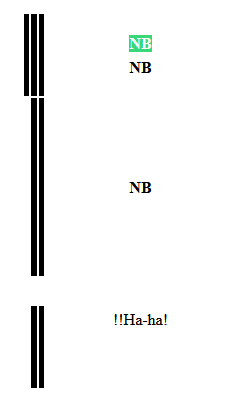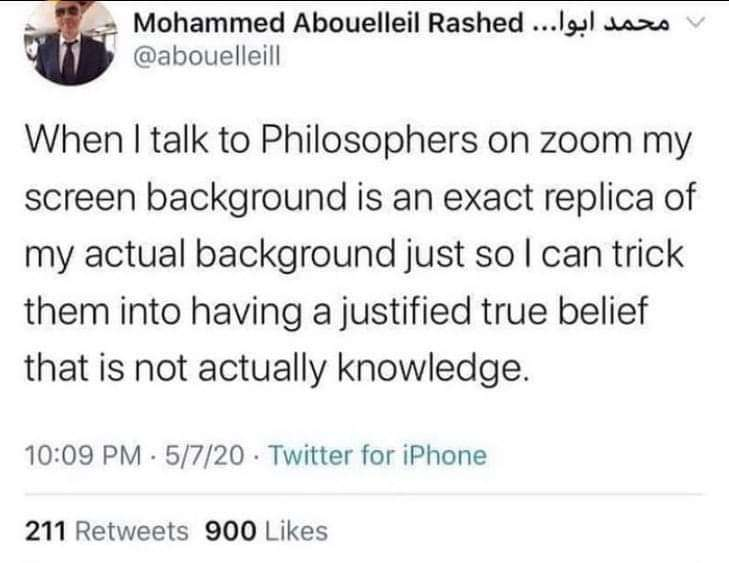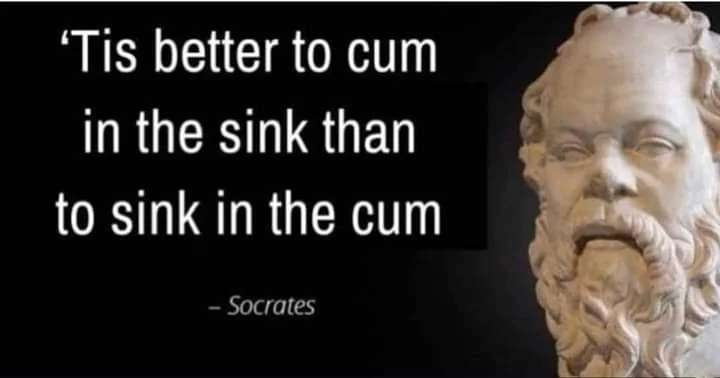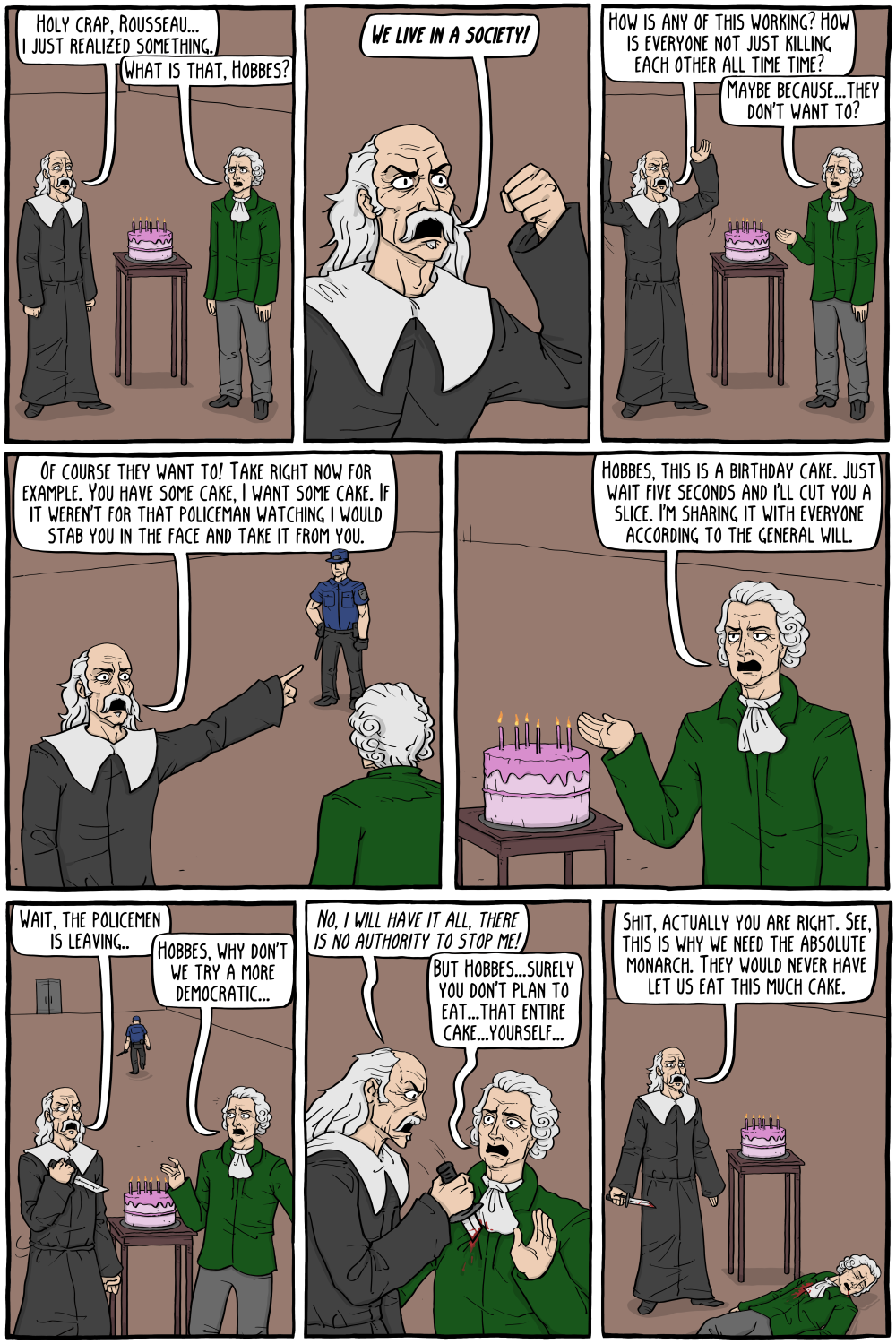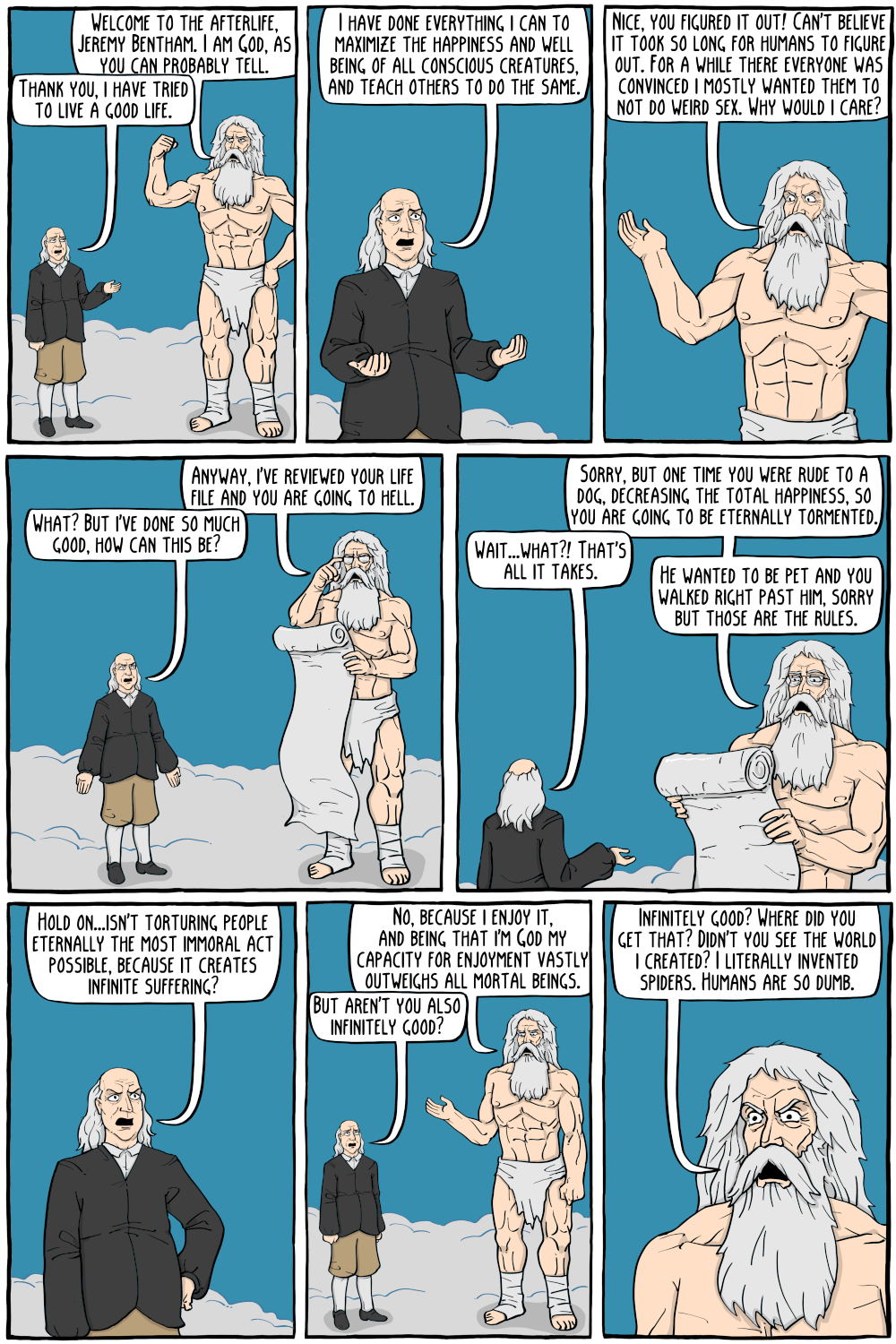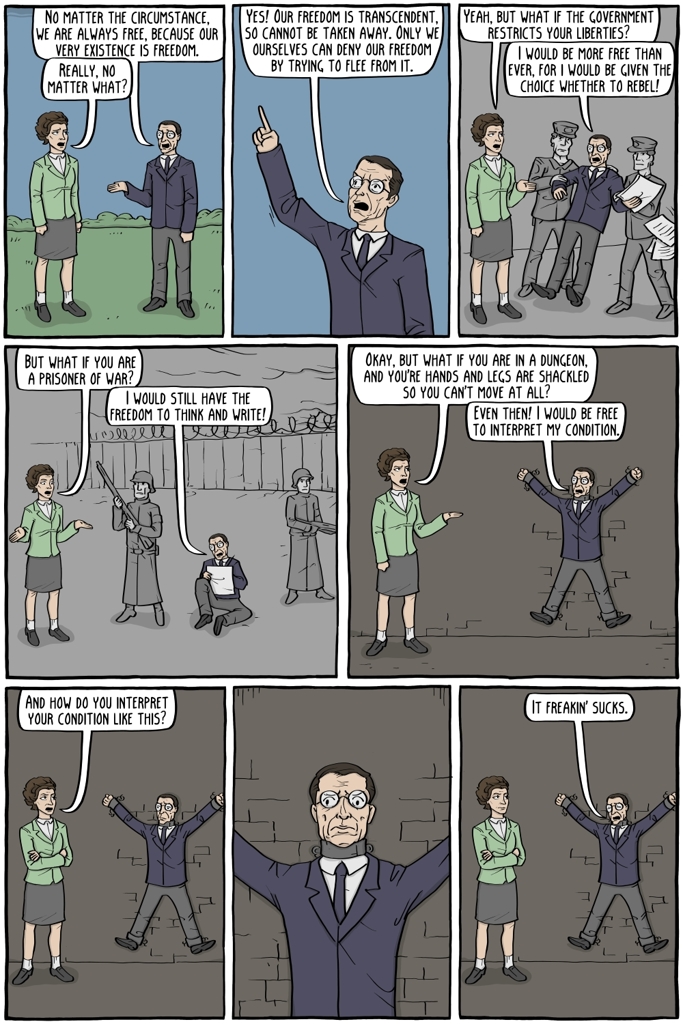philosophy
19890 readers
1 users here now
Other philosophy communities have only interpreted the world in various ways. The point, however, is to change it. [ x ]
"I thunk it so I dunk it." - Descartes
Short Attention Span Reading Group: summary, list of previous discussions, schedule
founded 4 years ago
MODERATORS
1
2
3
4
5
6
7
8
9
10
11
12
13
14
15
16
17
18
19
20
21
22
23
24
2
Thanks to Gaza, European philosophy has been exposed as ethically bankrupt
(www.middleeasteye.net)
25
view more: next ›



